Legacy Gaming Media’s Hit Job on Black Myth: Wukong?
GAMING MEDIA WENT BANANAS WHILE GAMERS EMBRACED THE MONKEY KING The world of gaming is no stranger to controversy, but Black Myth: Wukong’s nomination for Game of the Year (GOTY) at The Game Awards has sparked a bizarre media pile-on that’s hard to ignore.If you’ve dared to Google “Black Myth: Wukong nominated for Game of the Year,” you’ve likely noticed something suspicious - almost every major gaming outlet seems to be running with the same angle: Black Myth: Wukong is the “lowest-rated game” to get a GOTY nod. Let’s unpack why this narrative stinks worse than a rotting peach. THE "LOWEST-RATED GOTY NOMINEE SMEAR CAMPAIGN Gaming outlets love to harp on Black Myth: Wukong's Metascore, repeatedly labeling it as undeserving of its nomination. But here’s the kicker: that “low score” wasn’t driven by player reviews - it was driven by […]

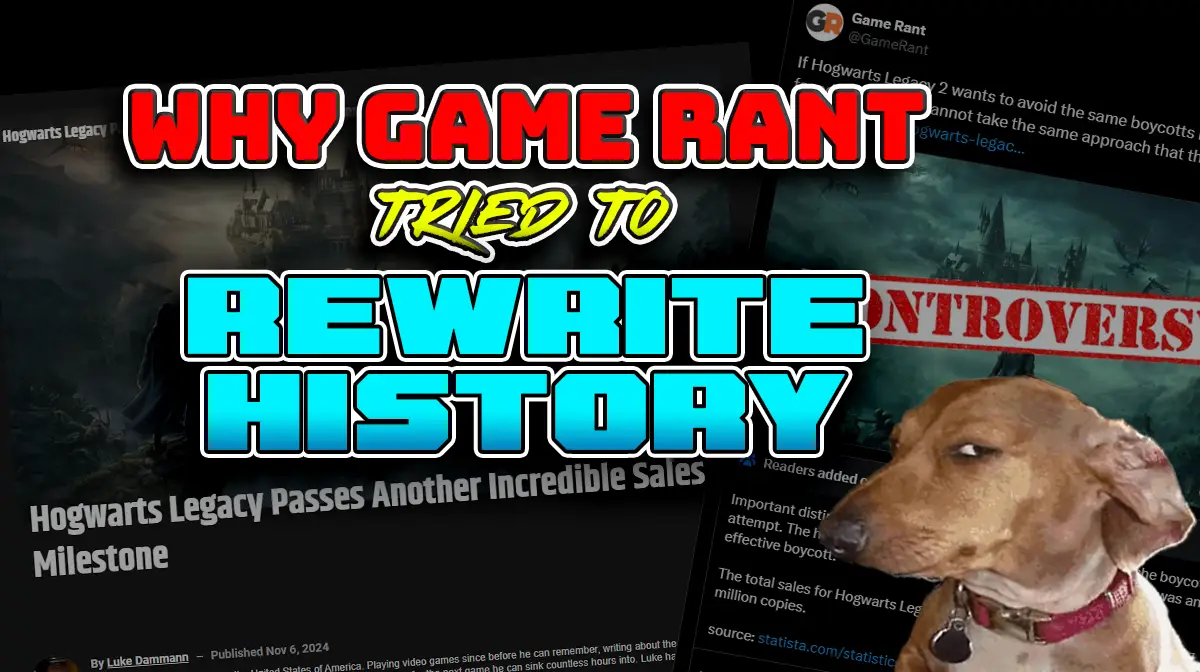

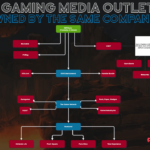
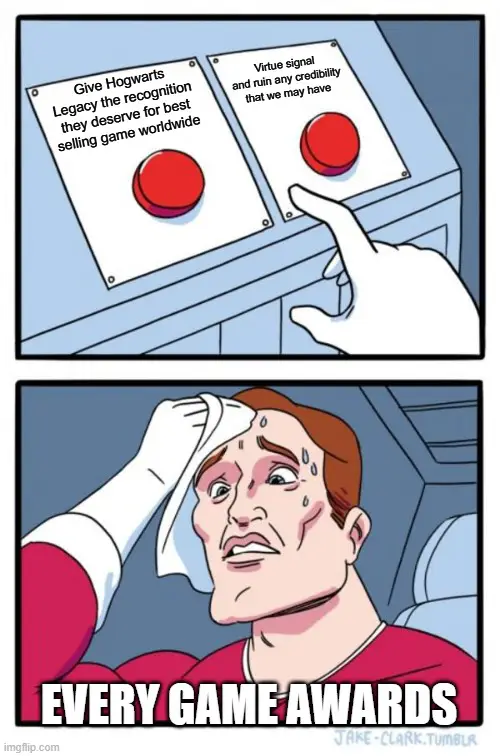
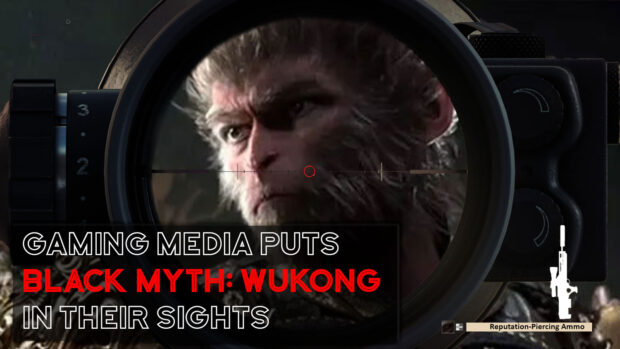
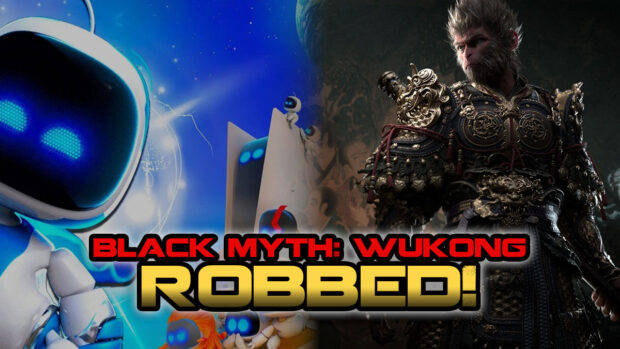
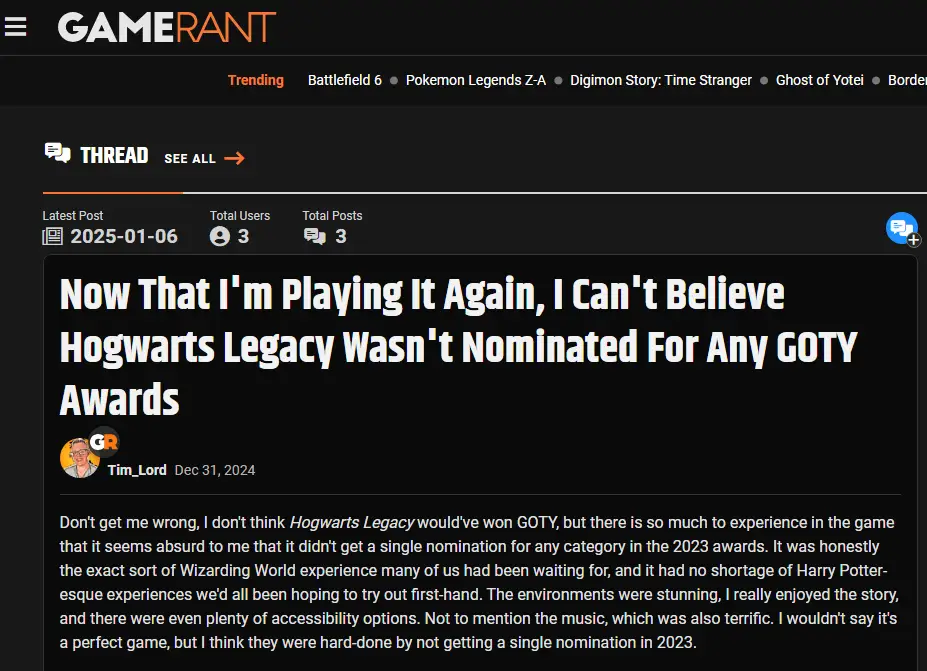

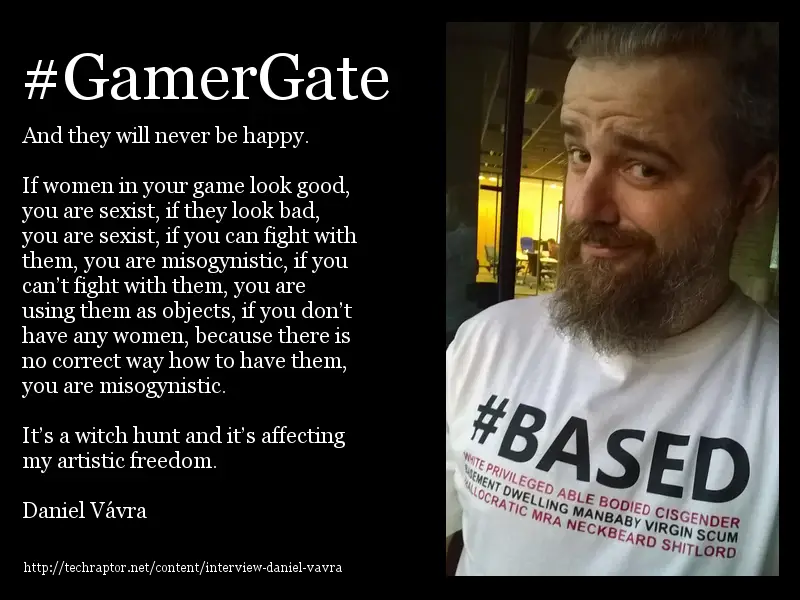
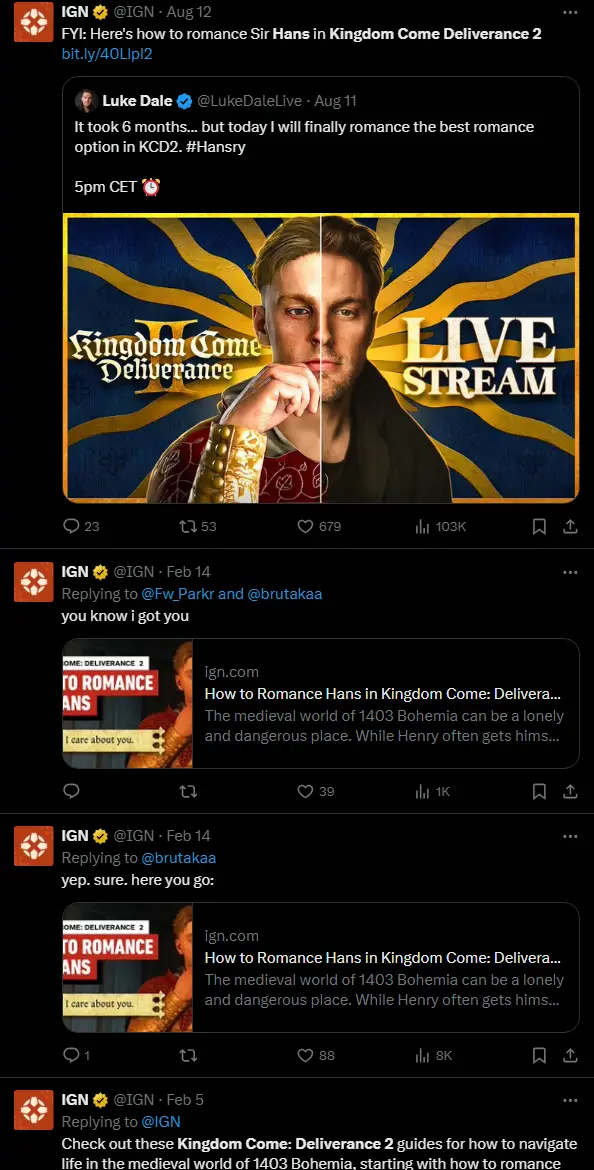
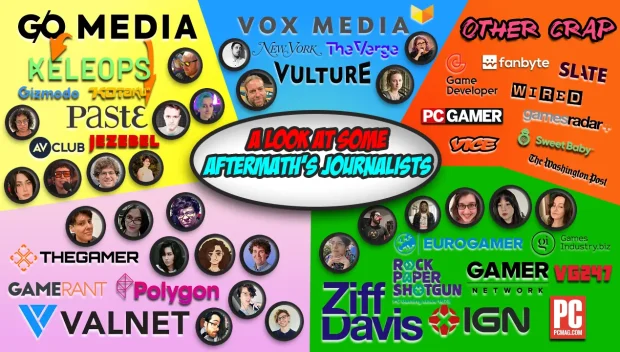

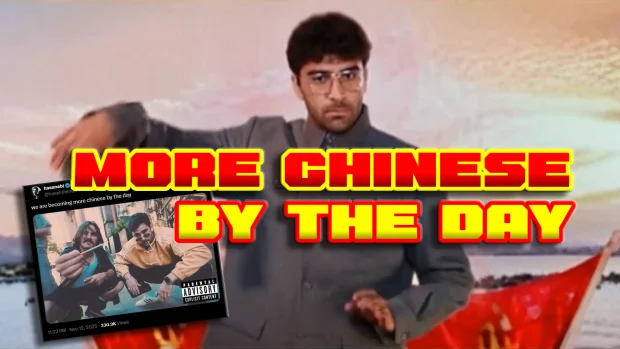




ROASTED
October 15, 2025
Wow they got cooked
Ayefkay
October 16, 2025
Lol well, they had it coming imho. Thanks for stopping by Roasted!